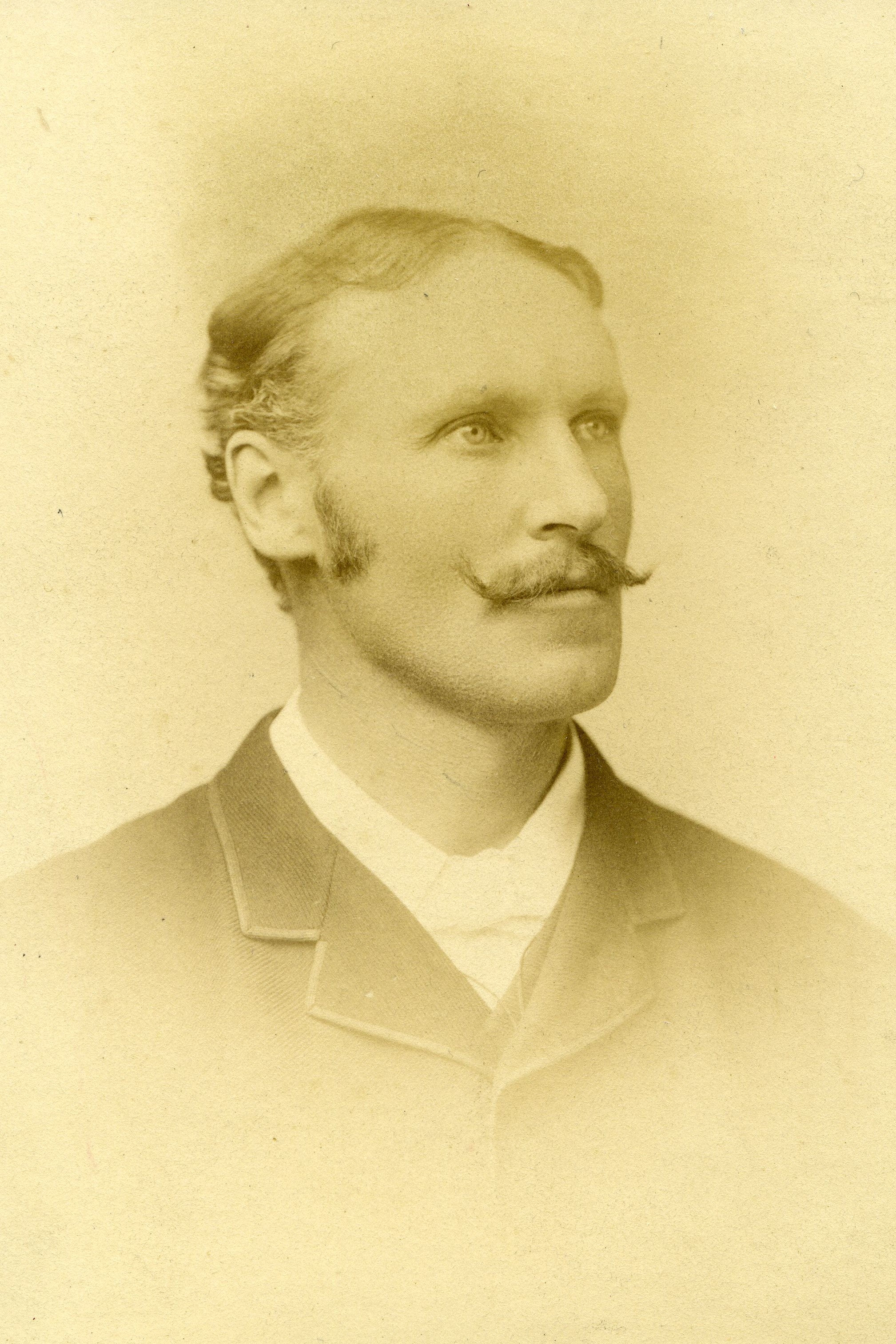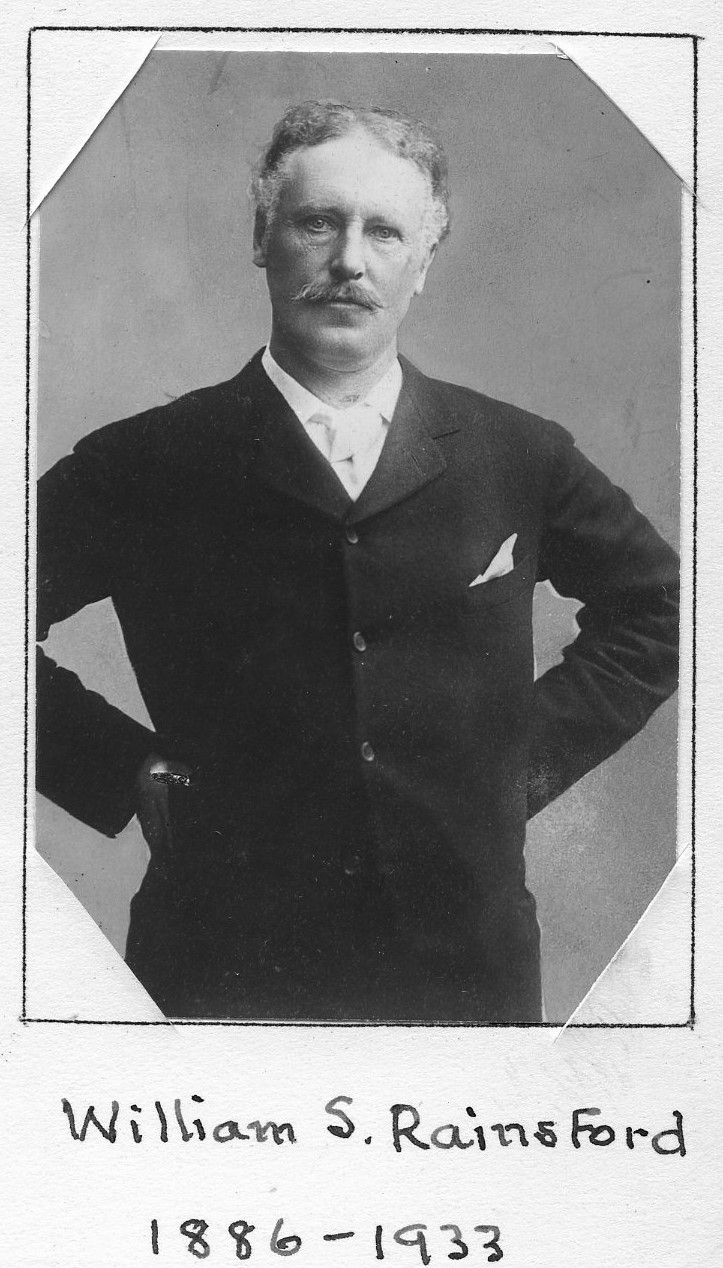Clergyman
Centurion, 1886–1933
Born 30 October 1850 in Dublin, Ireland
Died 17 December 1933 in New York (Manhattan), New York
Buried Fairlawn Cemetery , Ridgefield, Connecticut
, Ridgefield, Connecticut
Proposed by Frederic H. Betts and Theodore Weston
Elected 5 June 1886 at age thirty-five
Proposer of:
Seconder of:
Century Memorial
It will be many years before the lunch-table company will cease to include in its picture that tall fellow-diner with the ruddy face, the humorous eye and the touch of Irish brogue, William Stephen Rainsford. Dr. Rainsford embodied the material from which real Centurions are made. He was a clergyman who in the pulpit stirred emotion and conviction, yet whose own view, both of life and of the rigid creeds which colored life in his younger days, was infused with robust humor. He was called to repair the fortunes of a rich men’s church which had been left behind in the uptown hegira of its congregation; he made the rich communicants throw open their pews for the poorest worshipper, and kept them all together by his human talk to both of them. He had the unusual faculty of understanding not only the common East-sider but the down-town captain of finance, the power of penetrating instantly the good points in the character of each, and of bending both to his purpose as their minister. He met the rising tide of Prohibition, on the eve of the extraordinary experiment which has broken down ignobly, by asserting in public that, while he wished “every saloon could be closed and kept closed seven days in the week,” he believed it could not be done successfully or rightly unless through substituting “a cheap, orderly, democratic social centre” where not only coffee and tea could be purchased at reasonable prices, but where beer and wines could be obtained by that part of the city’s population “who are obliged, by the restricted circumstances surrounding their homes, to seek some space and entertainment away from them.”
Rainsford’s acquaintance in all sections of New York citizenship was of the widest. He took the measure of each acquaintance shrewdly, and usually found something in each that no one else had discovered. That was because Rainsford, himself the embodiment of frankness, had the rare capacity of inducing each of them to turn to him a side of their personality which pride, or sensitiveness, or conventionality had made them hide from others. He was always the close friend of the elder Morgan but, where their judgments on any question of procedure clashed, it was usually Rainsford who would bend to his own ideas that iron-willed financial superman. Yet Rainsford always insisted, in the face of public incredulity, that it was temperamental shyness which made the overlord of Wall Street conceal his really humane instincts and face the outside world with forbidding sternness. A critical moment in the country’s business organism elicited a remark from Morgan which the Doctor rightly treasured up as a sidelight on characters and events. Rainsford had asked what the trouble really was; Morgan rejoined, “The fools won’t show each other their books.” “But you,” suggested Rainsford, “would not show your books to any one.” Morgan’s reply was: “Well, Rector, the time is coming when all business will have to be done with glass pockets.”
Alexander Dana Noyes
1934 Century Association Yearbook


